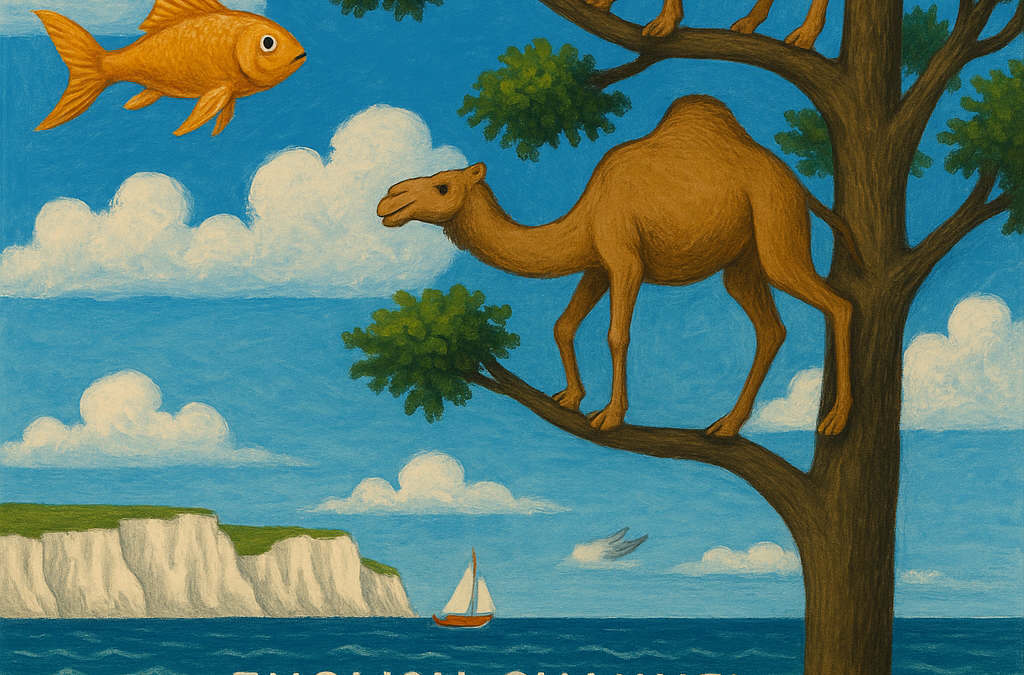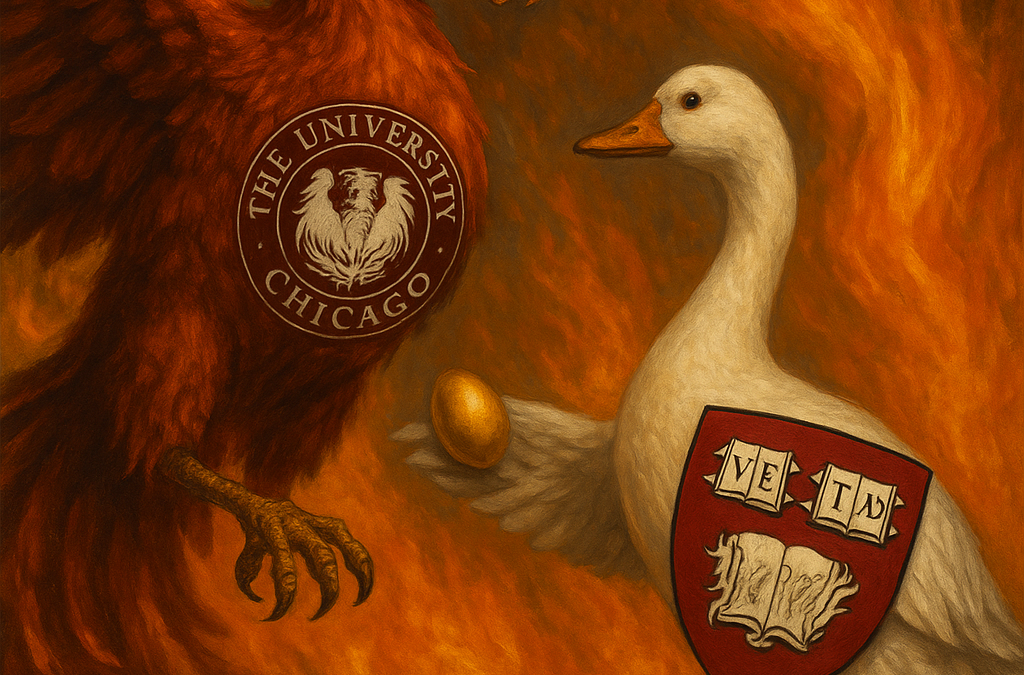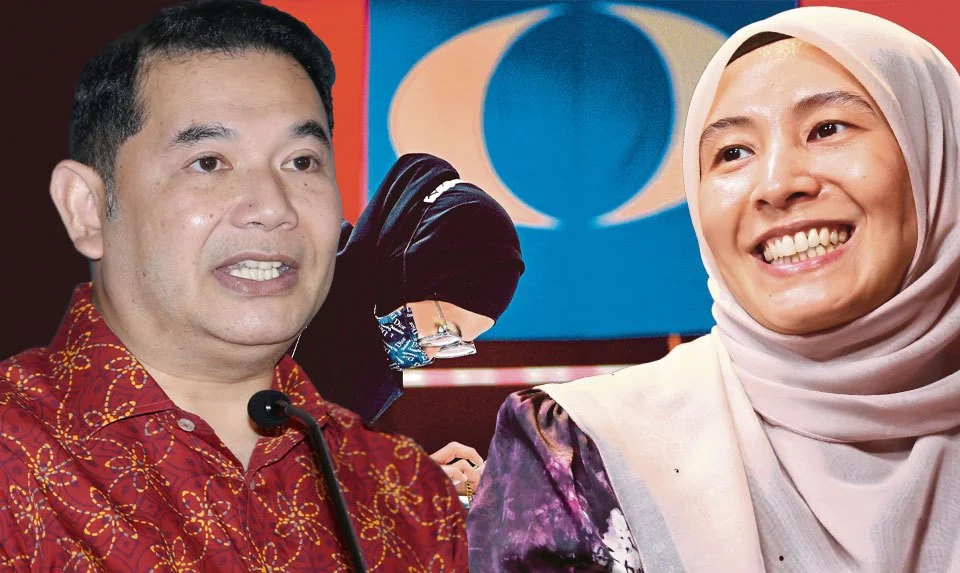
In recent days, I’ve had the fortune to become a part of a few interesting projects – gave a few more talks on artificial intelligence, most recently the Future of AI meetup at the Asia School of Business, which has led to a couple of opportunities that I look forward to speaking about a bit more in days ahead!
Today, I’d like to talk about something a little different:
The fact that ChatGPT is not the entire scope of AI, and that people should begin to look at a wider picture.
In recent days, people have been pretty fascinated by what AI can do, but a lot of that discussion has focused on generative tools – things like ChatGPT and Midjourney, and the admittedly wonderful use cases that they can be put to in the context of individual task completion and also business use cases.
There’s a bit of a problem with all that, though.
I think that the world has become so captivated by the universe of generative artificial intelligence that it has come to neglect its infinitely more impactful brothers and sisters, as well as the ways in which they make our lives easier.
Should we forget our voice assistants and all the algorithms that are technically powered by machine learning and therefore AI simply because we enjoy viral things on social media?
Let us remember that generative AI is not everything; to say that it is is to forget about the years of progress that has gone into the development of these technologies; it is to simply impose a narrow view that is made possible, only because one has so limited a range of perception, enabled only by viral posts and seemingly plausible fads.
It is not that generative AI is bad by any means, but it is simply that people do not fully appreciate the scope of what automation can do for them, and their fall find themselves caught in to poor patterns of decision making.
Granted, not all enterprises are making use of Robotic Process Automation or conducting customer service interactions via chatbots, but that doesn’t mean that we can’t make use of AI in other areas that aren’t just ChatGPT.
Therefore, it is my professional opinion that if you want to ask about what AI can do for your enterprise, ask not just what “AI” can do for you, as that can be a vague question that will cause you to fall prey to just using buzzwords and also to the cycle of hype that characterizes something like the cryptocurrency market.
Remember that?
Just saying… Technology in its best form shouldn’t be used like that.
In all likelihood, if you simply believe influencers, the answer to the question of it will be a question that will reach its resolution in the form of overly hyped statements about how this technology can write emails and advertising materials for you more quickly, and does not fundamentally resolve many of the core issues which actual enterprises face in the process, of automating their operations.
To have a clearer sense of what AI can do for you as an enterprise, ask yourself first about all the things that you can currently do with your phone in order to optimize your life that don’t just include generative AI; if you haven’t done this already, I encourage you to give it a try – look at what you can optimize with your phone; is it sending emails? Is it perhaps eliminating other inefficiencies during the course of the day? Are there specific tasks you must undertake in order for the day to proceed successfully, by a specific time of day?
To expand that sense of what is possible, ask yourself:
What would happen in the event that every single person on your team had access to these improvements in efficiency, and how that would potentially transform your organization?
What could you gain if you had the competitive edge in a market where these tools are coming out extremely quickly and all offer the possibility of dominating the game?
…What could you lose if you choose not to take up that edge in a world where everyone is racing forward with all their might and energy?


